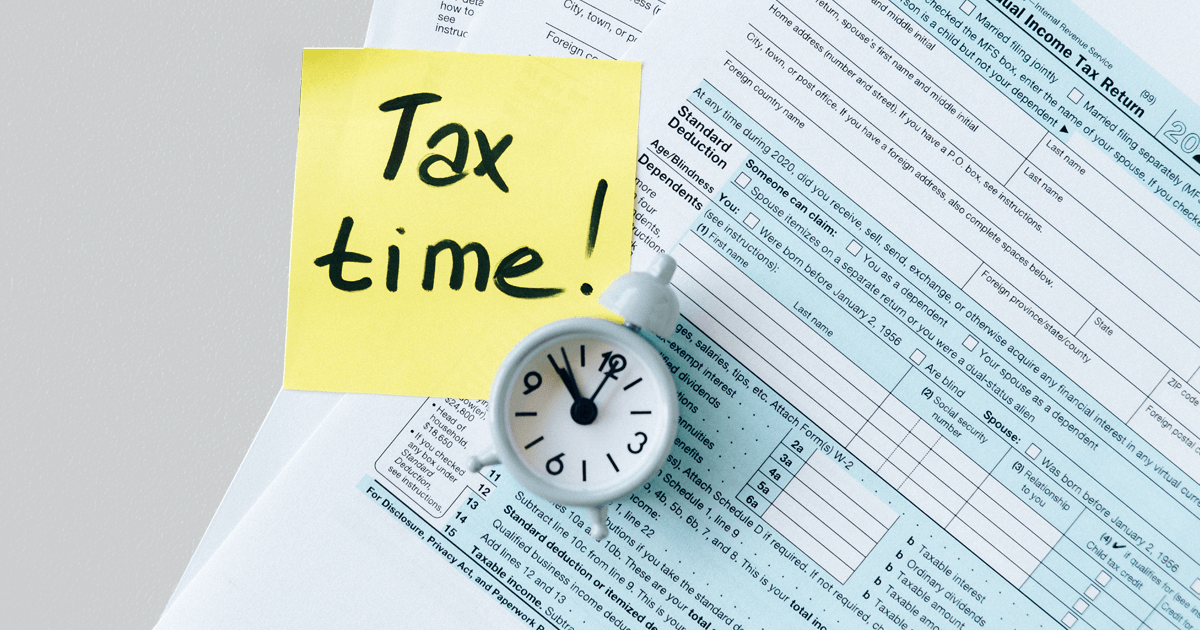Debt consolidation can be an effective way to manage multiple debts and make payments more manageable. However, there are many myths and misconceptions surrounding consolidating your debt that can make it difficult to know whether it’s the right choice for you. In this blog post, we’ll be debunking five common myths about debt consolidation in Canada to help you make an informed decision about your financial future.
The Five Myths
Myth #1: Debt consolidation is only for people with bad credit.
Fact-check: This option is not just for people with bad credit. In fact, people with good credit may be able to qualify for lower interest rates and better loan terms. Combining your debts together can be helpful for anyone who is struggling with multiple debts, regardless of their credit score.
Myth #2: Debt consolidation is the same as debt settlement.
Fact-check: Debt consolidation and debt settlement are two different options for dealing with debt. The first involves taking out a new loan or line of credit to pay off multiple debts, while debt settlement involves negotiating with creditors to pay back less than what you owe.
Myth #3: Consolidating your debt always lowers your interest rate.
Fact-check: While merging all your debts into one single debt can often lead to a lower interest rate, this is not always the case. It’s important to shop around and compare interest rates from multiple lenders to ensure that you’re getting the best deal. Additionally, some debt consolidation loans may have hidden fees or charges, so it’s important to read the fine print carefully.
Myth #4: Debt consolidation will solve all of your financial problems.
Fact-check: Debt consolidation is a tool for managing your debts, but it won’t necessarily solve all of your financial problems. It’s important to address the underlying issues that led to your debt in the first place, such as overspending or a lack of budgeting skills. Additionally, if you continue to accumulate debt after consolidating, you may find yourself in an even worse financial situation than before.
Myth #5: You need to own a home to consolidate your debts.
Fact-check: While some debt consolidation options, such as home equity loans, require you to own a home, there are many other options available that don’t require home ownership. For example, you may be able to consolidate your debts with a personal loan or a line of credit.
Debt consolidation can be a powerful tool for managing debt, but it’s important to separate fact from fiction when considering this option. By debunking these five myths, we hope to help you make a more informed decision about whether debt consolidation is right for you. Remember, it’s always important to seek out professional advice and guidance from CreditLift, to ensure that you’re making the best decision for your unique financial situation.

















